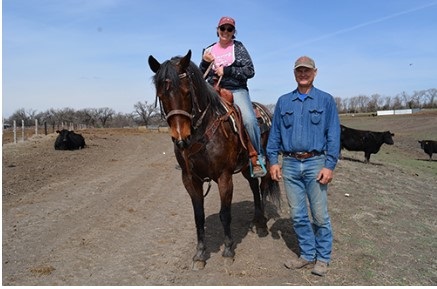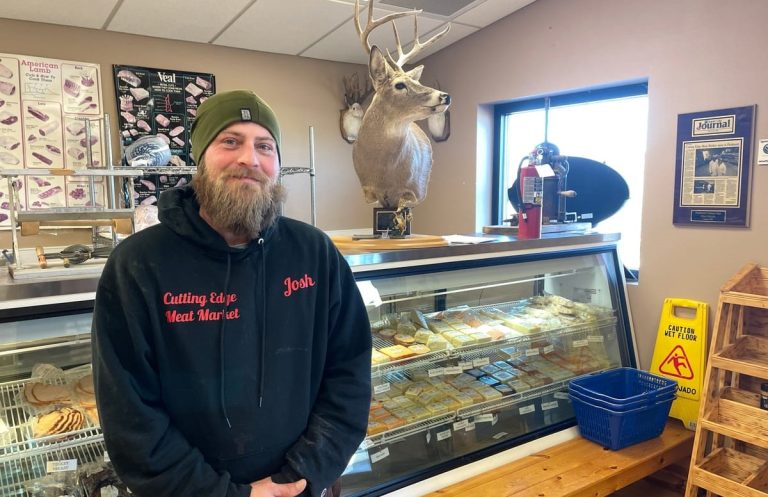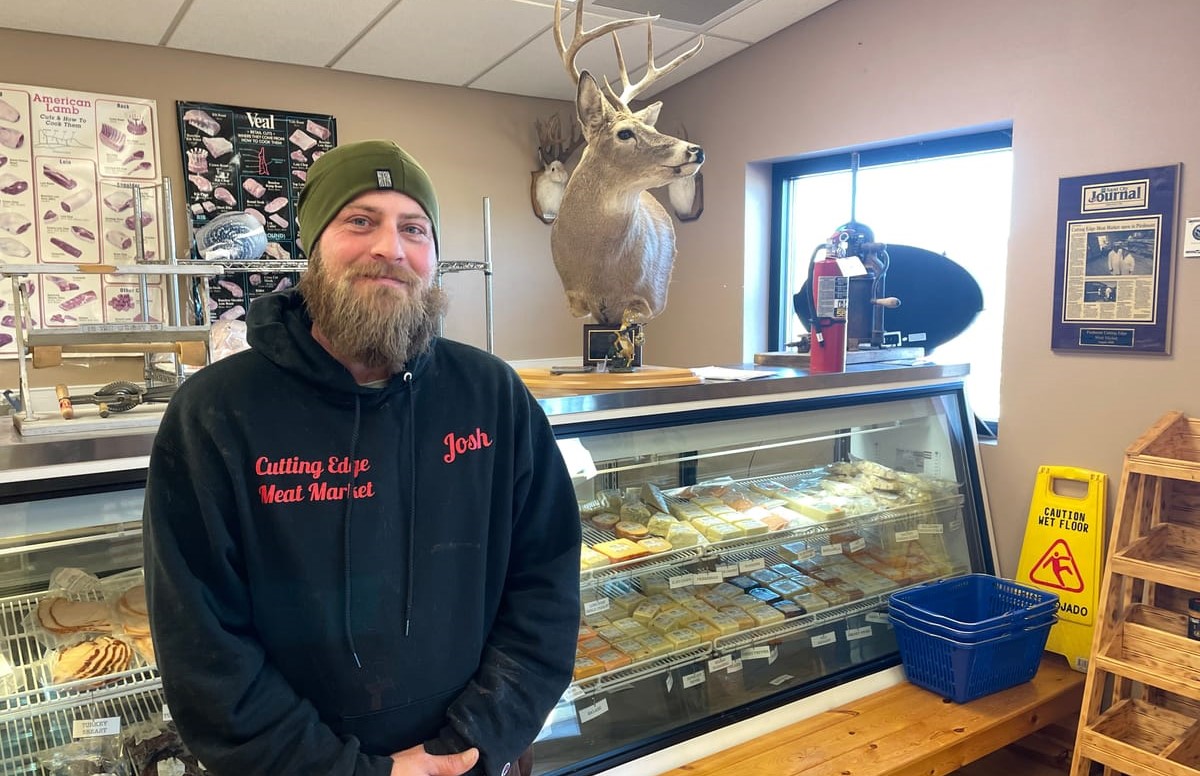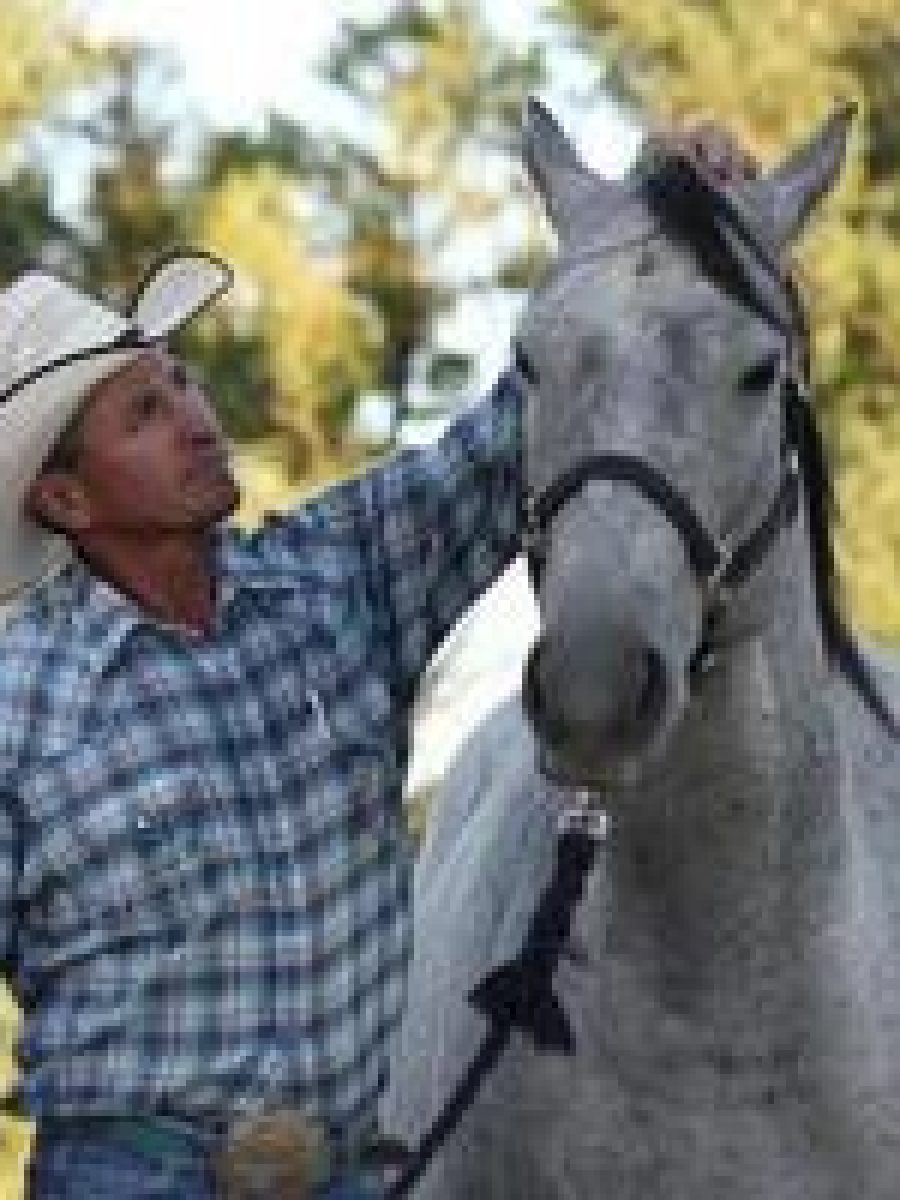WASHINGTON, DC – R-CALF USA has asked Congress to implement a stopgap measure to preserve what is left of the U.S. cattle industry.
In written testimony submitted in a Wednesday hearing held by the U.S. House of Representatives Committee on the Judiciary Subcommittee on Antitrust, Commercial, and Administrative Law, R-CALF USA CEO Bill Bullard wrote, “Congress has not enacted, and does not appear inclined to immediately enact, any meaningful structural reforms.”

Congressional hearings on various proposed market reforms began in earnest early last year. None has made it through committee primarily due to the infighting between cattle andbeef trade organizations (including R-CALF USA) that have been unable to reach agreement on which market reforms to put forward.
He stated his group’s concern is that Congress has not yet signaled its intent to make needed structural reforms to a market that has persistently returned noncompetitive prices to producers, prices that did not return the cost of production to U.S. cattle producers.
The testimony explained that since 2015, beef packers had used their enhanced market power to purchase cattle at an average price of only 55% of the average weekly wholesale beef price and this has caused horrendous losses to both cattle feeders and cow/calf producers.
“The U.S. cattle industry is fast losing its critical competitive infrastructure — its participants, its feedlots, and its cow herd, which have all been reduced during the past few decades,” he wrote.
Bullard explained the U.S. cattle industry is fast losing its critical competitive infrastructure — its participants, its feedlots, and its cow herd, which have all been reduced during the past few decades. He stated his group’s concern that Congress has not yet signaled its intent to make needed structural reforms to a market that has persistently returned noncompetitive prices to producers, prices that did not return the cost of production to U.S. cattle producers.
The “U.S. cattle industry suffers from systemic market failure, which though chronic for decades, has worsened considerably during the past seven years. And, yet, Congress has not enacted, and does not appear inclined to immediately enact, any meaningful structural reforms,” Bullard wrote.
The testimony explained that since 2015, beef packers had used their enhanced market power to purchase cattle at an average price of only 55% of the average weekly wholesale beef price and this has caused horrendous losses to both cattle feeders and cow/calf producers.
The written testimony appears to back track from earlier opposition by R-CALF to at least parts of several other proposals that have floated through Senate Ag Committee hearings on the matter.
“Tying cattle prices to a wholesale beef value index will not restore the competitive market forces that have been purged from the market due to severe structural deficiencies,” Bullard wrote.
“But, it would temporarily prevent the ongoing loss of equity that America’s cattle farmers and ranchers are experiencing each day the market remains dysfunctional. It would also temporarily remove the beef packers’ incentive to lower the price of cattle in the industry’s price discovery market — its negotiated cash market.”
Bullard said this is the form of an emergency stopgap measure that R-CALF USA is asking Congress to consider – pending enactment of meaningful market structure reforms that would reinstate competitive market forces in the U.S. cattle market.
Read: Thinking through virtues of a boxed beef index
.












